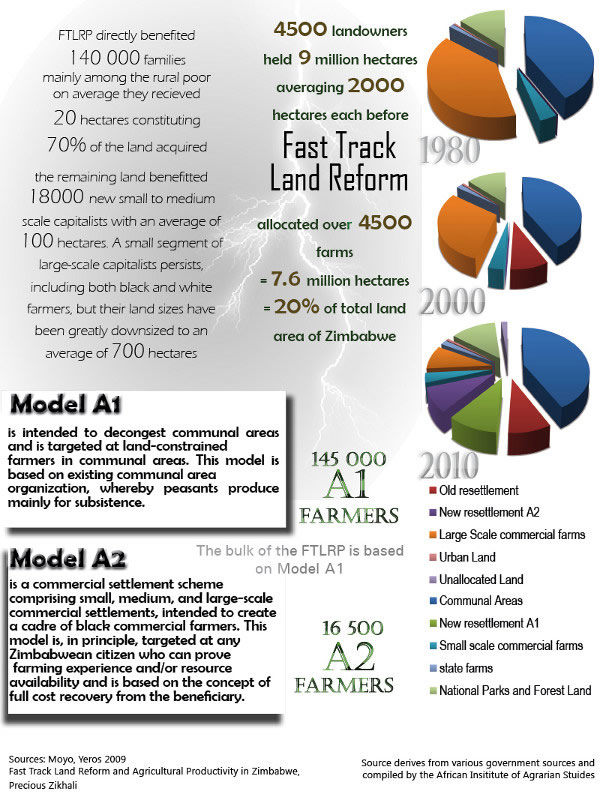TERMS OF REFERENCE FOR CONDUCTING A BASELINE SURVEY FOR NPA ZIMBABWE
1.INTRODUCTION
Norwegian People’s Aid (NPA) is the development organization of the labour movement in Norway. In Zimbabwe, NPA started working with civil society organizations in 1980. NPA supports the building and strengthening of people’s organizations. This implies the strengthening of their organizations as a strategy for the empowerment of people and communities as well as for their ability of influence the conditions under which they live . In addition NPA also cooperates with human rights and advocacy organizations working to defend and promote the right to organize and access information, achieve gender equality and youth friendly policies. The current long term programme is supported through the NORAD Frame Agreement and is based on the strategy 2008 – 2011, which has come to an end. The programme is implemented through long and short term partnerships with local civic society organizations and Community Based Organizations (CBOs).
“In order to put our solidarity and partnership strategy into practice, NPA needs continuous evaluation of who it should work with to promote the desired change.” In view of the above principle NPA Zimbabwe is carrying out a baseline survey for the new strategy period 2012 – 2015. NPA works in 4 year strategic phases and has just completed the 2008 – 2011 phase. NPA will work with 8 partners and other short term partners to respond to Zimbabwean context. The geographic cover of the work is within 10 provinces in Zimbabwe but in selected constituencies.
Program Goals and Key Expected Results
Development goal: Strong NPA partners who mobilize for democratization, equality in the distribution, access and control of power and resources.
Key results areas
-NPA partners remain visible and are active on issues of women and human rights.
-NPA partners influence laws and policies that govern the access and control of resources (such as land, economy, technology, mineral property and trading rights).
-NPA partners who are skilled and have knowledge to engage in issues that affect them such as financial management, monitoring and evaluation, community mobilization and fundraising.
2.PURPOSE OF BASELINE SURVEY
NPA is expecting a baseline study that will “be used to perform analysis to find current performance against the expected level for the new strategic program 2012 – 2015. The baseline must provide a description of conditions in Zimbabwean context, prior to the NPA intervention 2012 – 2015. Benchmarks against which change and progress can be measured and evaluated must be provided in the survey.
Objectives of the Baseline Survey
-To provide benchmark information for measuring project achievements and impact (at the project objectives, intermediate results levels).
-To provide information on each of NPA implementing partner and the issues they are engaged in their target constituencies.
-To provide information on the implementing partner’s impact to-date and provide baseline information for new proposed activities for 2012 – 2015.
-To identify benchmarks and indications for each implementing partners which NPA can be used as a point of reference for monitoring and evaluation of NPA implementing partner’s projects.
-To provide information for planning the program, including information about the relevant Zimbabwean socio-economic and political context, especially looking at the work NPA’s implementing partners intend to do in 2012 – 2015.
-To provide information on key areas that will enable NPA to draft a country strategy for 2012 – 2015 programs.
-To provide information on the number of civil society/youth groups actively engaged in issues of citizen participation in good governance.
-To provide information on the number of civil society/youth groups actively engaged in issues of access and control of resources including impact of extractive industry and impact on poor and women’s economic and social empowerment.
-To review the NPA LFA with inclusion of baseline and target.
-To provide information of reducing partner capacity needs and strategies to cover/ fulfill the identified gaps.
-To review the impact of disseminating information on Democracy and Human Rights as against bread and butter issues.
-To review NPA and each NPA implementing partner’s monitoring and evaluation tools and identify gaps.
-Recommend effective intervention for NPA implementing partners on how best, sustainability for each organization can be achieved.
3.METHODOLOGY
The baseline survey will comprise of a desk review/survey and field visits; specifically:
a)Conduct a desk review including an analysis of documents, policy papers, national surveys and reports that have been produced in connection with the project thematic area. Review internal NPA documents related to this project including data already gathered.
b)Conduct field visits and interviews with citizens, CBOS, NGOS, local leaders, local authorities in the selected constituencies.
c)Develop a comprehensive data collection tools for the above assignment.
d)Develop participatory methodologies for the survey.
4.SCOPE AND FOCUS OF THE BASELINE SURVEY
Specifically, the baseline will have the following:
Scope
-Specifically targeting constituencies to be agreed with NPA but at least 2 wards targeted per constituency.
-General outlook on initiatives by implementing partners especially looking at the issues being addressed by the project.
-Focus should be on the project objectives and the planned NPA results areas.
Specific responsibilities of the consultant will include the following:
1.Desk review of relevant literature (national, regional and community level reports).
2.Design and produce baseline survey tools.
3.Give input on the draft monitoring and evaluation framework, including indicators and tools.
4.Baseline data should be disaggregated by gender.
5.Conduct field survey. Methods may include questionnaire, interviews, focus group discussions and meetings with local community organizations, local leaders, other NGOs operating in constituencies and government units in the project regions. The survey must clearly ascertain the present status on levels of community participation in constituency development initiatives.
6.Design database for data entry, analyze the data, identify specific gaps/deficits in social accountability and clarify training and other needs to be met comparing with the already developed plans.
7.Identify lead agencies or local community organizations/groups that can be used for lobbying/advocacy and collaboration purposes.
8.Assess the underlying or implicit forces that impact on development and initiatives among communities.
9.Assess levels of participation at decision making and power sharing among the women, young women, youths other vulnerable groups and men.
5. Set of baseline survey tools: Draft Proposal in respond to TOR
-Prepare and present draft report of findings at a forum to be attended by NPA, local partner organizations and other stakeholders.
-Prepare and submit final report of baseline survey, incorporating feedback from stakeholders, which presents, status, gaps and recommendations for future interventions including suitable implementation, methodology, appropriate structures for project success and possible sustainability strategy.
-The final outcome should be a revised RBM matrix which incorporates baseline and suggested targets by end of the project.
-The Final report should be not more than 40 pages.
6.WORK PLAN AND SCHEDULE
The evaluation is expected to be finalized within a period of 12 weeks after contract has been signed. Activities will be based on provision set out in section 4. A definitive time frame will be agreed within the assignment.
7.REPORTING
With reference to section 5. The report shall be delivered under the contract and activity plan as outlined in section 4 and 5. A draft report to be submitted to NPA Office in English and should not exceed 40 pages. The report should include an executive summary.
8.PROFILE OF CONSULTANT(S) AND REQUIREMENT
The consultant should be skilled in conducting the baseline survey and performance measurement (especially qualitative measurements). The consultant must have substantive understanding of Zimbabwean civil society, governance issues, access and control of resources and Zimbabwean politics as demonstrated capacity of policy advice and knowledge of project management and implementation issue.
It is also desirable that the consultant has experience from working with issues around democracy, gender and rights based approach and RBM. The consultant should have proven experiences of previous assignments with development analysis, feasibility studies, baseline of similar nature and engaging communities using participatory methodologies. In addition the consultant must have the following:
-Relevant advanced degree in social science related discipline.
-At least 5 years experience in baseline surveys.
-Gender expertise and sensitivity to gender issues.
-Traceable references and copies of previous evaluation reports.
The deadline for the submission of response proposal and budget is 16th December 2011
Interested and qualified candidates/firms should submit their proposals to:
The Program Manager
NPA Zimbabwe
50 Somerset Drive, Eastlea
Harare
npazim [at] gmail [dot] com
Tel: 746686 or 746689











